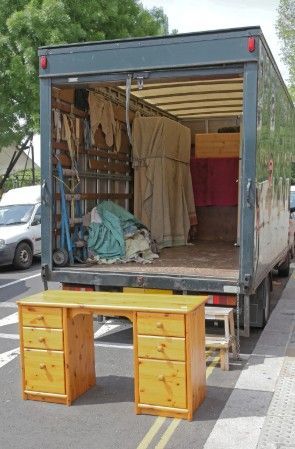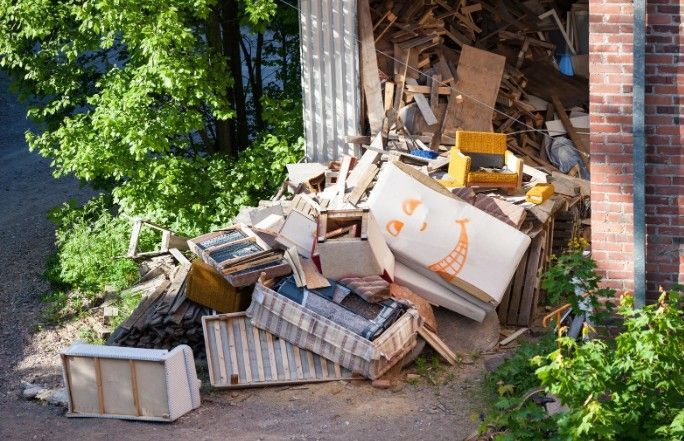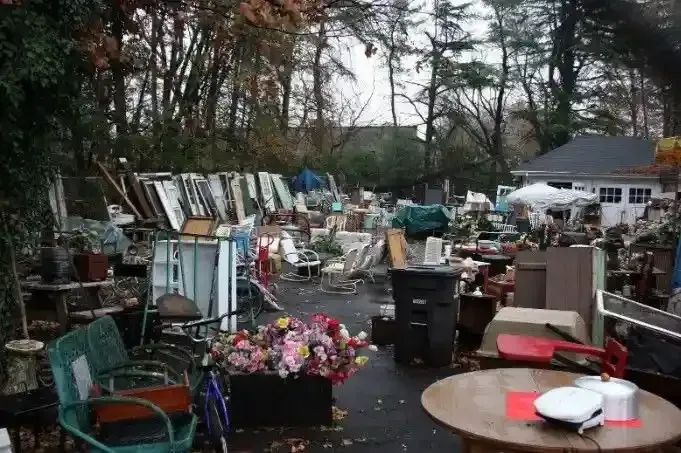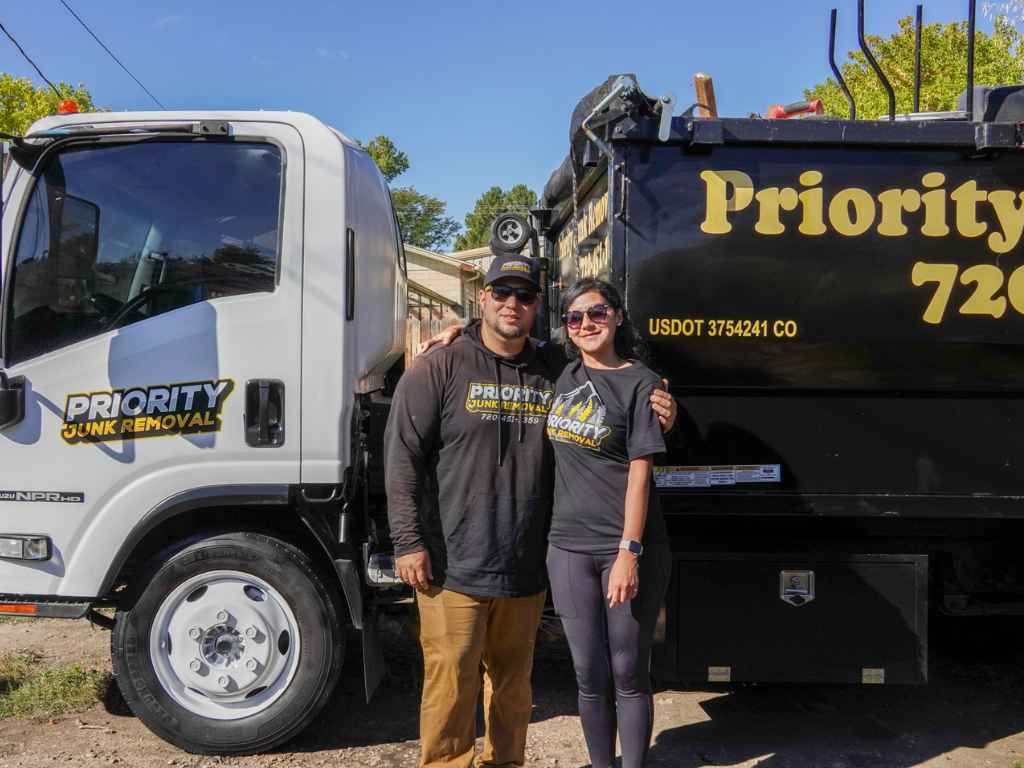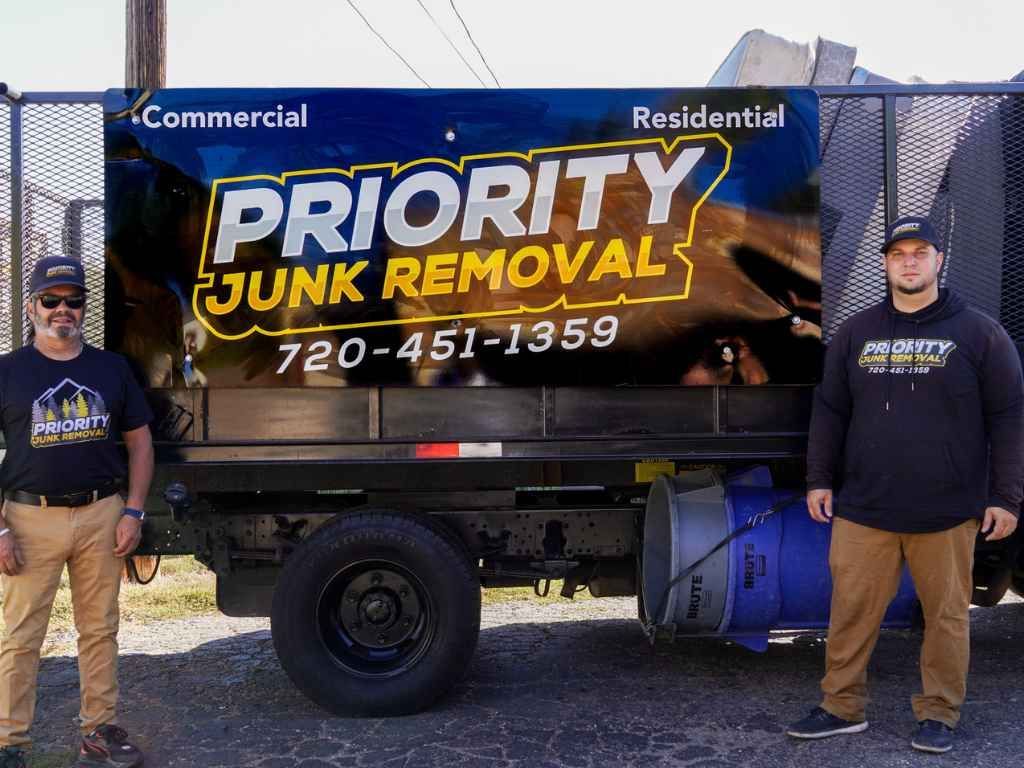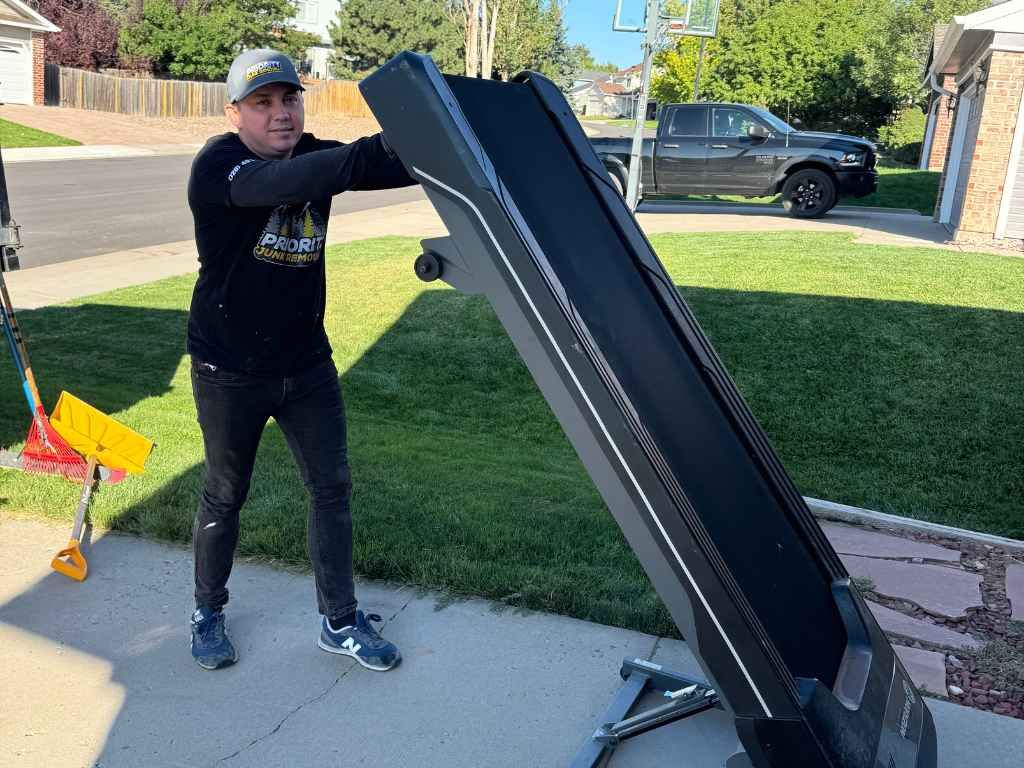How to Decide What to Toss, Donate, or Keep
In every household, clutter forms slowly like sediment at the bottom of a still pond—quiet, persistent, and strangely invisible until it isn't. Deciding what to toss begins by acknowledging what no longer contributes to your daily rhythm. Is that cracked blender really a “just in case” item, or has it just become background noise in your kitchen cabinet?
There’s no grand ceremony for letting go, just small, honest moments. If it’s broken beyond repair, hasn’t been touched in two years, or evokes nothing but obligation, it might be time to part ways. Tossing doesn’t mean disrespecting memories—it’s about giving your future space to breathe. With every discarded item, the home feels a little less crowded and a bit more yours.
Why Donating Feels Better Than Hoarding
There’s something beautifully unburdening about placing a box of good, unused things in the hands of someone who needs them. Donation isn’t merely a clearing act—it’s a redirection of value. Your unused winter coat might be warm for someone this season. That second set of dishes? Someone’s first apartment could use them more.
Letting go doesn’t always have to mean throwing away. Donation makes the decision softer, more purposeful. It gives sentimental objects a second storyline while removing emotional roadblocks on their own. When you realize the stuff doesn’t define you, but what you do with it might, parting with items becomes less painful and more empowering.
How Sentimentality Can Cloud Decision-Making
It starts with a stuffed animal from childhood, then an old college sweatshirt, then the stacks of greeting cards—each one clings to a thread of memory. Sentimental clutter has a way of disguising itself as essential. The difficulty lies in separating the object from the emotion without feeling like a traitor to your past.
But memory doesn’t vanish with material absence. A photograph of that childhood toy holds just as much emotional currency as the object itself—sometimes more. Keep one card from the stack, the one that really tugs the strings. Let the others rest. You honor your history not by keeping every relic, but by curating the ones that matter most.
What to Keep When Space Is Limited
Not all items beg for removal. Some have utility, beauty, or undeniable presence in your daily life. Keeping isn’t a failure to declutter—it’s the reward for making conscious decisions. When space becomes a premium, your choices must sharpen. Ask: do I use this? Does this enhance my life in the present tense?
What stays should reflect your lifestyle, not your guilt. If it serves a real purpose or brings genuine delight, then it earns its place. This process becomes less about reduction and more about refinement. The goal isn’t just less—but better. Fewer items, more intention. A leaner space, but a richer life within it.
The Role of Time in Deciding What Stays
Time reveals everything. What you think you need now may become irrelevant next season. That shirt you swore you'd wear again? Two years later, it's still at the bottom of the drawer. Time acts as the quiet judge in this process. It exposes the truth behind our justifications and fantasies of usefulness.
Set things aside in a bin, label it with a date six months from now. If you haven't touched them by then, they’re likely not serving you. This isn't about impulsive purging—it’s thoughtful pruning. Give time the chance to whisper what needs to stay or go. It always tells the truth if you’re willing to listen.
Emotional Weight That Objects Carry
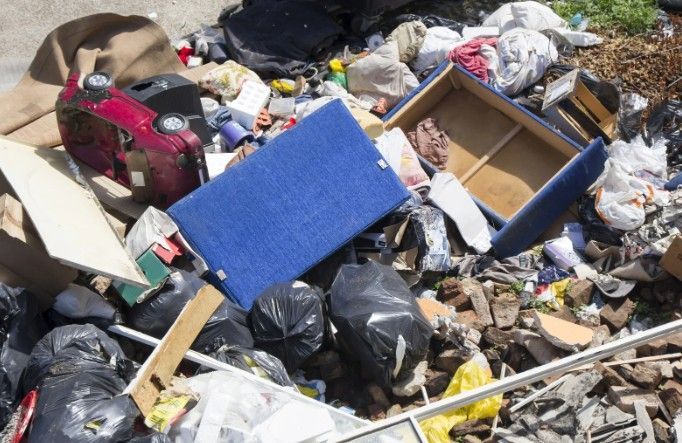
You might not realize it, but some items pull you down without your awareness. That box from your ex, the unfinished scrapbook, or clothes from another era—they can weigh you with memories you no longer wish to revisit. Emotional clutter isn’t always visible, but it’s deeply felt.
Deciding what to toss becomes an act of emotional release. It's not only your closet that gets lighter—it's your spirit. Every item you remove that’s tangled with sorrow or stagnancy is a declaration: I choose now. This process becomes less about stuff and more about reclaiming emotional clarity in your own home.
The Trap of "What If I Need This Someday"
This is the whisper that lingers as your hand hovers over the donation box. What if that fondue set comes back into style? What if the extra cords find a use? That mindset is a trap. It feeds anxiety, not practicality. Holding onto everything “just in case” builds a museum of unused potential.
Instead, consider what you’ve actually needed in the past year. If you didn’t use it during twelve full months of living, it’s unlikely to gain relevance tomorrow. Your future self will thank you for creating ease over imagined emergencies. And besides, if the time ever comes—you’ll figure it out, as you always do.
Creating a System That Actually Works
Random decisions rarely lead to lasting change. What helps is a system tailored to how you think and move. Start with three bins: one for trash, one for donations, one to keep. But don’t stop there—dig deeper. Create rules. If it hasn’t been touched in 12 months, it goes. If it brings no joy or utility, goodbye.
But don’t make it robotic. You’re not a sorting machine; you’re a human making emotional calls. Leave room for reflection. Give yourself the grace to pause, to second-guess, to come back later if needed. A sustainable system is flexible yet firm, practical but compassionate. It should support your growth, not punish your past.
Embracing Less as a Lifestyle Choice
Decluttering isn’t an event—it’s a philosophy. Choosing what to toss, donate, or keep becomes part of a larger mindset shift. You begin to crave open space, quiet corners, clean lines. Not because it looks good in a magazine, but because it feels like breath. Each item you remove is a statement: I want less chaos, more calm.
Over time, this choice embeds itself into how you shop, how you decorate, how you live. You stop acquiring out of boredom or habit and start curating intentionally. Life becomes lighter—not just in your home, but everywhere. You realize that in letting go, you make space not just for things, but for living.
Benefits of Knowing What to Toss, Donate, or Keep
- Increased Home Efficiency: Deciding what to keep and what to release trims excess and removes distractions, which makes daily routines smoother. You’ll find what you need faster, move through your space more freely, and spend less time managing clutter and more time living in comfort.
- Emotional Relief and Mental Clarity: Letting go of unnecessary possessions isn’t just about space—it brings peace. Each item removed lightens emotional weight, making room for clarity, decision-making, and well-being that extends beyond the physical environment.
- Sustainable Community Impact: Donating usable items breathes new life into your belongings. Instead of ending in a landfill, your excess helps someone in need. It fosters a community of reuse and reduces environmental strain through conscious disposal.
- Financial Awareness and Spending Habits: Sorting your belongings can reveal patterns in your purchases. You become more mindful of how and why you spend, often reducing wasteful buying habits as a natural byproduct of evaluating what you actually use.
- Easier Transition for Life Changes: Whether you’re moving, downsizing, or just redefining your space, having a clear system of what stays and what goes smooths the process. Change becomes less daunting when your possessions are already in order.
How to Manage Clutter and Simplify Your Living Space
Clutter can sneak up on anyone, often starting with just a few unused items that slowly accumulate over time. The challenge comes when it's no longer a pile of clothes in the corner but a full-on invasion of your living space. Managing clutter effectively requires a strategic approach that encourages you to make clear decisions about what stays and what goes.
A good rule of thumb is to adopt a “one-in, one-out” mentality. For every new item you bring into your home, let go of something you no longer need. This method encourages a constant reevaluation of your possessions, ensuring that nothing is hoarded unnecessarily. Over time, this practice will help create a more streamlined, functional environment that’s easier to maintain and more enjoyable to live in.
The Emotional Benefits of Decluttering Your Home
For many, the act of decluttering isn’t just about freeing up space—it's about releasing emotional baggage too. Often, our possessions are tied to memories, both good and bad. Letting go of items associated with difficult times can feel like lifting a heavy weight off your shoulders. The process of deciding what to toss can be liberating and, in some cases, even therapeutic.
When you release items that no longer serve a purpose, you also free up mental space. It’s easier to focus on the present when you're not constantly surrounded by physical reminders of the past. This mental clarity can lead to improved emotional well-being, fostering a sense of calm and purpose in your home and life overall.
Conclusion
Knowing how to decide what to toss, donate, or keep is more than just a cleaning strategy—it’s a powerful declaration of how you want to live your life moving forward. It’s about creating space not just in your home, but in your mind and spirit. This process takes honesty to recognize what no longer serves you, patience to sift through the memories, and the courage to let go and redefine what truly matters.
And if the task starts to feel overwhelming, remember—you don’t have to tackle it alone. Priority Junk Removal is here to help. Proudly serving Littleton with heart, hustle, and efficiency, we’re ready to turn your clutter into clarity. Call 720-451-1359 or email priorityjunkremoval@gmail.com today to start your fresh start.

